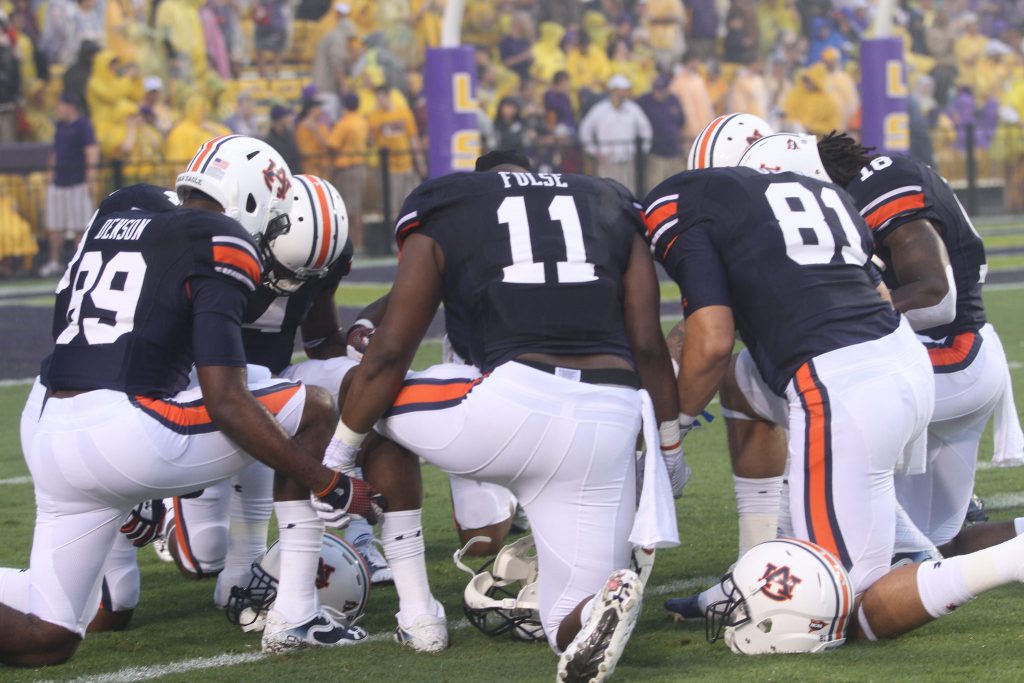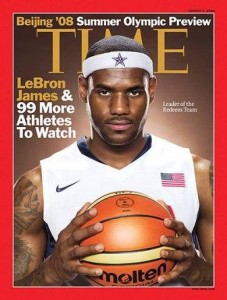
In the last few months, President Trump’s incendiary tweets have found a home in sports, including comments on the NFL, the NBA, and college basketball. In a recent article in ABC News, sociologists discuss how Trump’s tweets about sports with high percentages of Black athletes are racially-coded, and may reveal Trump’s own racial bias and attempts to appeal to his political base.
In response to President Trump’s demand that owners fire NFL players for kneeling, sociololgist Ben Carrington argues,
“When Trump uses language referring to Black athletes or other Black figures that kind of speak out in terms of them being ungrateful and undeserving of their place in sports, he’s re-invoking that dark era in American sports in which that language was explicit and Black players couldn’t play.”
In another example, Trump demanded thanks for keeping three UCLA basketball players out of jail in China after shoplifting, calling the father of one player an “ungrateful fool” and “a poor man’s version of Don King, but without the hair.” As these tweets gain headlines, the media may miss the core racial issues that drive this kind of dialogue in sports, according to sociologist Doug Hartmann.
“Trump’s been able to make the focus be on whether this is appropriate or not, and how players should be punished or disciplined, and completely distracted our attention from the racial issues that the players who are protesting want to focus our attention on – police brutality, huge wealth gaps, the treatment of African Americans in cities — those are real racial issues.”
In short, Trump’s tweets and the media’s coverage of them divert public attention from larger issues of racial injustice in the United States.


